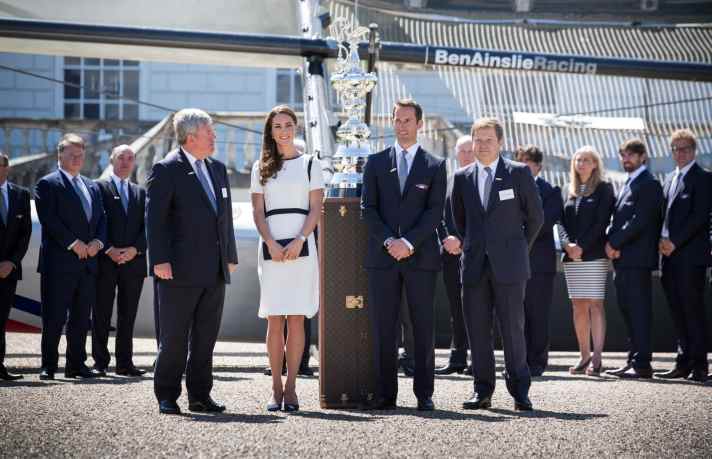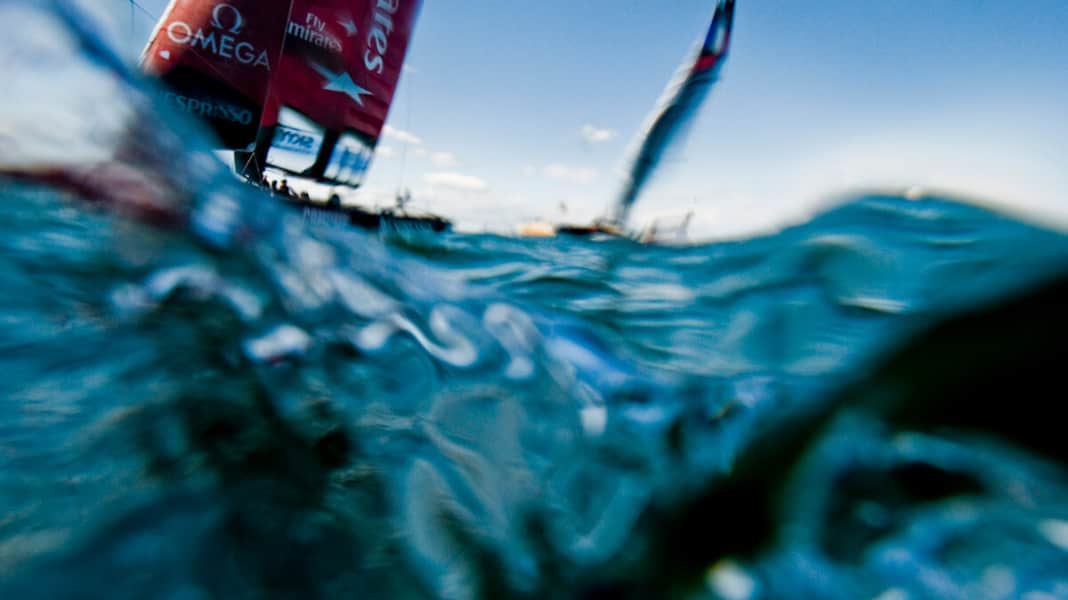
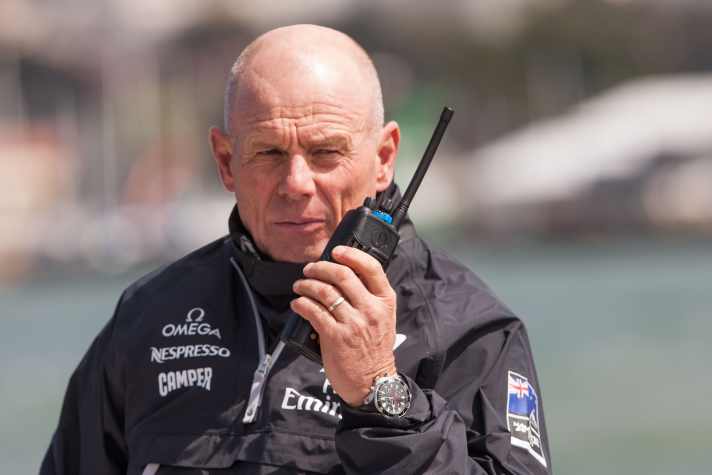
Of course, it is the New Zealand Herald newspaper that is at the forefront, proving step by step that the unloved American Cup defenders are highly untrustworthy. Team New Zealand is fighting for survival in the Cup business this month. Team boss Grant Dalton and his men are desperate to carry the knowledge gained in the bitterly close 34th Cup duel into the next edition and bring the trophy back to the land of the long white cloud. But this is being made more difficult than ever for them and all other challengers. The current Cup protocol, which sets out the basic rules for the 35th America's Cup, is the cause of the trouble. The international sailing world is not only fiercely debating its one-sidedness in favour of the challengers, but is also attacking the intellectual U-turn of the protocol's authors.
To understand the current resentment in the Cup world, it is necessary to look back to the time after Alinghi's victory in the 32nd Jubel Cup in Valencia in 2007 with twelve teams from nine countries. The joy of the Cup's new international appeal came to an abrupt end when the defeated BMW Oracle Racing team and its Golden Gate Yacht Club dragged the victorious Swiss team to court. A look at the reasons put forward by the Americans at the time for the years-long paralysis of the Cup shows why the anger towards the defenders in the Cup world is currently great and continues to grow. At the time, Coutts and Co. had offered to withdraw their complaint if Alinghi complied with some fundamental demands and thus changes to the protocol for the 33rd America's Cup.
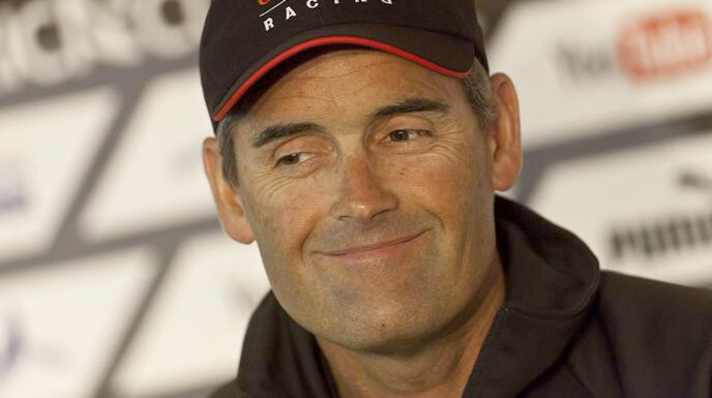
The Americans wanted to grant the defender the planned two boats, but then also allow all challengers to use them. The defender (Alinghi) should certainly be allowed to take part in the challenger series, but the results should not count. Decisions concerning the challengers' regatta programme should be made not only by the challenger of record, but by all challengers together. The regatta director and two other committee members should be selected by agreement between the defender and all challengers. Alinghi rejected these demands from the Americans at the time and was subsequently defeated, first in court and later on the water in the unequal trimaran-catamaran duel.
Six years later, the same American defenders with their New Zealand CEO Russell Coutts are now demanding the same concessions under their current name Oracle Team USA as part of their new protocol for the 35th America's Cup that they refused to concede to Alinghi at the time. That's how quickly the Cup world can turn. And just as quickly, the fascination with the America's Cup can give way to a negative attitude that threatens the existence of the few teams that are already interested. It is not only in New Zealand that there are doubts as to whether the 35th America's Cup offers any chances of victory for challengers. New Zealand's Prime Minister John Key even stated that he had the feeling that public interest in his country was waning. He gave the reason for this in an interview with the New Zealand Herald: "I think there are some people who say 'We don't like the fact that it's a sport where the winner makes the rules'." The latter has historically always been the case in the America's Cup.
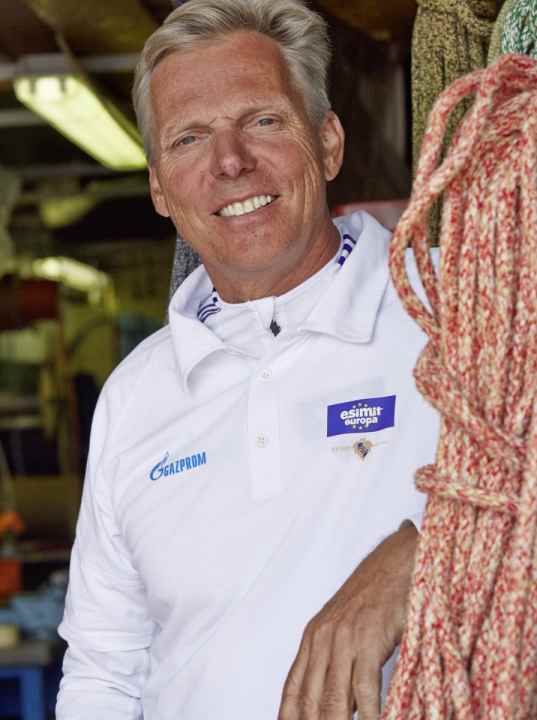
But Jochen Schümann is not the only one to say: "Nobody has ever done as bad a job with the Cup as the Americans." The registration deadline for the 35th America's Cup is 8 August. It is likely that neither the venue for the Cup duel nor much other essential information will be known by then. The number of entries will be an indication of how popular and how feasible a Cup commitment with a winnable budget of 100 million euros and more still appears to interested Cup hunters around the world.
